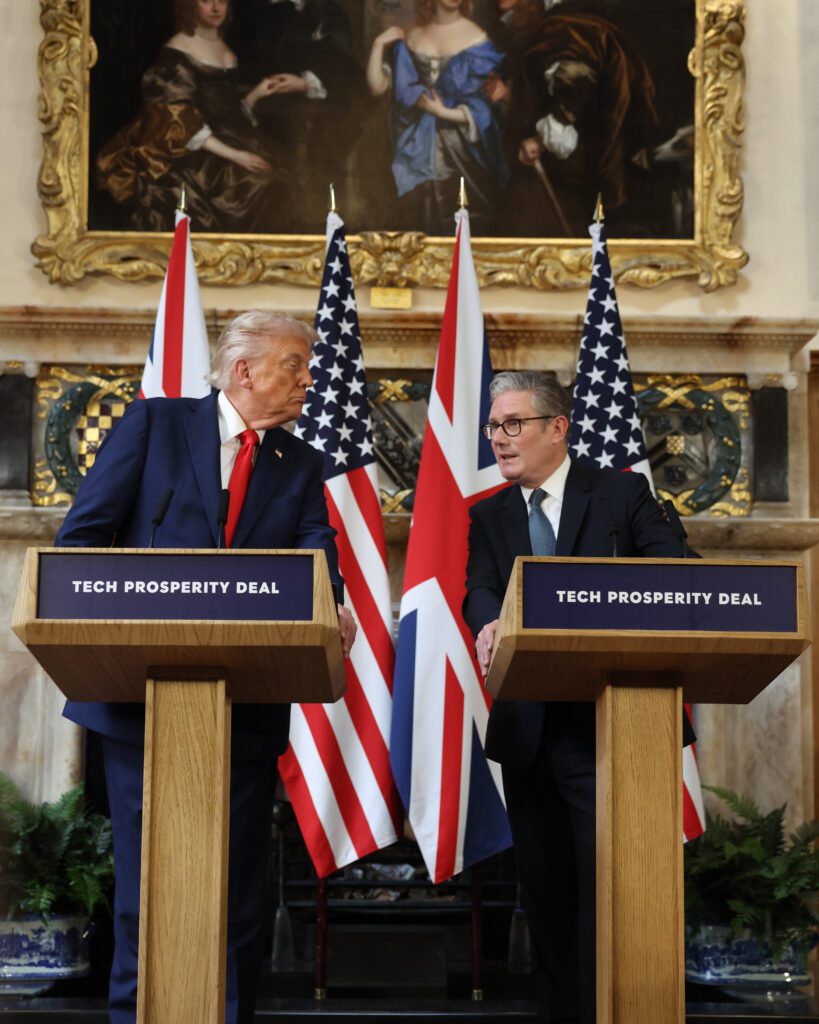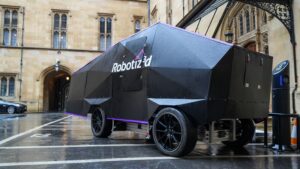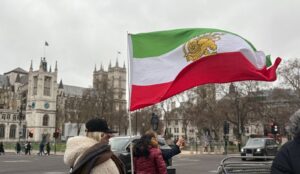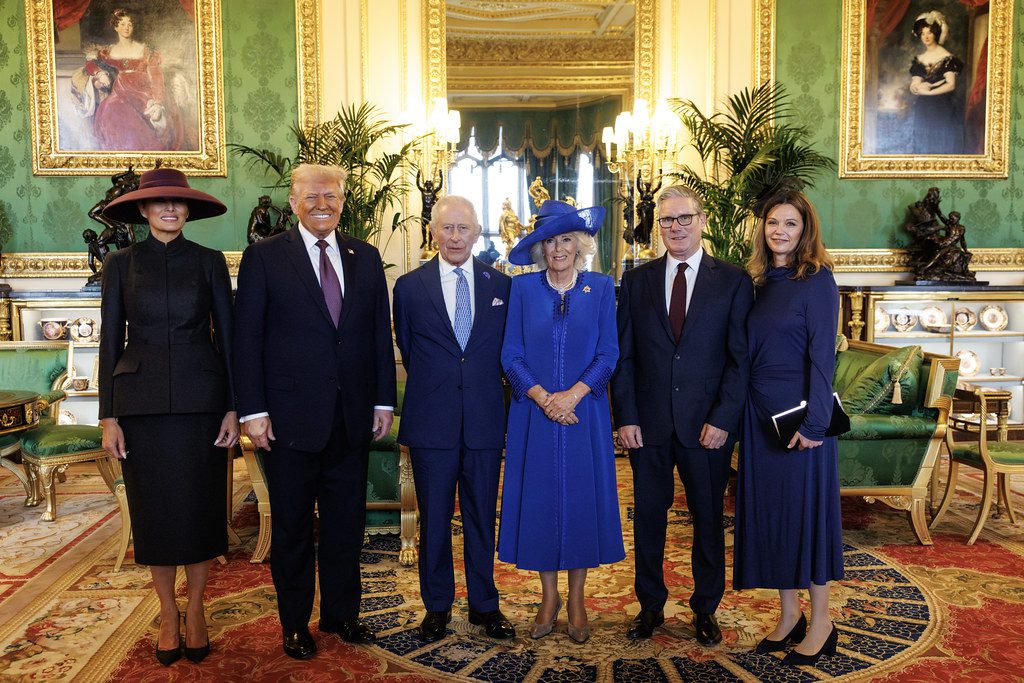
President Trump’s second state visit to the UK was a remarkable display of diplomatic grandeur that reaffirmed the unique bond between Britain and America. However, beneath the bombast, significant policy differences emerged, highlighting the complexity and turbulence currently shaping this ‘special relationship.’
The visit began on Tuesday evening, as Air Force One landed at Stansted Airport, before the President and First Lady were flown by helicopter to Winfield House – the US Ambassador’s residence in Central London.
The following day, Trump was hosted by King Charles at Windsor Castle, with the highlight being a lavish banquet with over 150 high profile guests, including David Beckham, Apple CEO Tim Cook, and Sir Elton John.
Naturally key British political figures were also in attendance, including the Prime Minister Keir Starmer, the Chancellor of the Exchequer Rachel Reeves, and the Leader of the Opposition Kemi Badenoch.
However, one noticeable exception was Mayor of London Sadiq Khan, who President Trump specifically requested not be in attendance, branding him as one of ‘the worst mayors in the world. Trump claimed that Khan wanted to attend the event, however a source close to the Mayor reportedly informed the BBC that this was not the case.
The pair have had a number of disagreements over the years, with Trump challenging Khan to an IQ test in 2016, calling him a ‘loser’ in 2019, and describing him as a ‘nasty person’ during a press conference with Keir Starmer in July, at which point Starmer defended Khan by describing him as a ‘good friend.’
That awkward incident arguably served as a microcosm of the current state of the ‘special relationship,’ at a time when policy differences and diplomatic controversies are putting the strength of the Anglo-American bond to the test.
These tensions came into sharper focus during on Thursday, when Trump and Starmer awkwardly skirted round disagreements on several key issues during a joint press conference at Chequers, the Prime Minister’s countryside residence.
Trump, an ardent supporter of Israel, was asked about the UK’s imminent recognition of a Palestinian state, set for this month, a decision that Trump said he disagrees with.
Starmer then attempted to dispel suggestions that the timing of the move was linked to that of the President’s visit and received a somewhat belittling pat on the back from Trump as a reward for calling Hamas a terrorist organisation.
Another contentious area between the British and American governments is freedom of speech; in August, the US State Department accused the British government of ‘serious human rights issues’ related to free speech, whilst in February, during a visit to the White House, Keir Starmer corrected US Vice President JD Vance after he claimed American citizens were being negatively impacted by UK free speech laws. However, when asked whether he agreed with his Vice President on Thursday, President Trump refused to comment and asked to move on to the next question.
Trump then avoided another topic that has dominated recent conversations about Anglo-American – Jeffrey Epstein. Last week, Keir Starmer sacked his ambassador to the US, Peter Mandelson, after supportive messages he sent to the convicted paedophile, and former associate of President Trump, were released.
On Thursday, Sky News reporter Beth Rigby described Mandelson as ‘the elephant in the room’ and asked Trump if he had sympathy for him. The President responded by claiming he doesn’t know Mandelson, despite the fact that he shook hands with him in the Oval Office earlier this year.
However, despite such awkward moments, Thursday’s press conference largely went according to plan. Trump said that he and the Prime Minister share ‘few disagreements’ and spoke of his well-documented love for Britain, whilst Starmer celebrated that the pair have ‘renewed the special relationship for a new era’ by signing new deals on technology and nuclear energy.
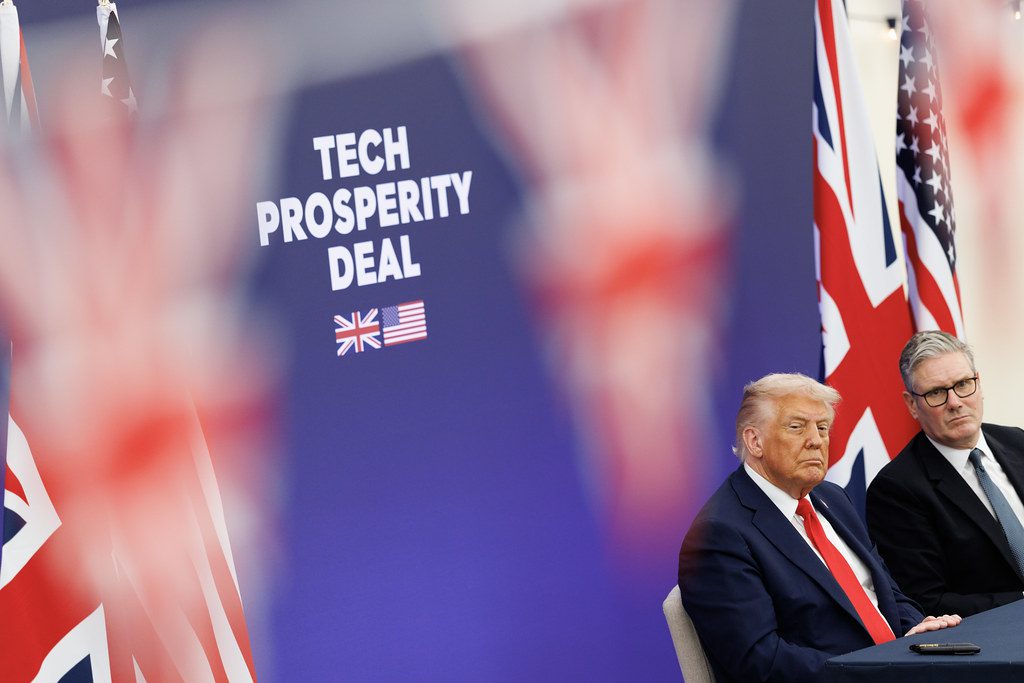
Both the Tech Prosperity Deal and the Atlantic Partnership for Advanced Nuclear Energy will see American companies invest billions into Britain, and see businesses, researchers, and regulators from both nations increase collaboration. It is hoped that through these deals, the UK and US will enter a ‘golden age’ of nuclear energy and Britain will become an ‘AI superpower.’
Away from Chequers, despite a diverted helicopter as he left the country, the rest of Trump’s historic second state visit largely went to plan.
During a visit to St George’s Chapel at Windsor Castle, Trump appeared genuinely interested, proclaiming ‘what a place, what a place,’ before paying his respects at the tomb of the late Queen Elizabeth II, and at the banquet later in the day, both Trump and her successor Charles praised each other personally, as well as their respective countries and families.
In his speech, Trump spoke of the unique bond between Britain and America, and praised Charles’ son, Prince William, saying he will be an ‘unbelievable success’ when he ascends to the throne. Meanwhile, in his toast the King described Brits and Americans as ‘the closest of kin’ and lauded Trump for his efforts to resolve conflicts across the globe.
But not everyone in Britain was so welcoming, with thousands gathering in Parliament Square to protest Trump’s arrival and 4 men being arrested after images of the President and Jeffrey Epstein were projected on to the side of Windsor Castle, whilst the state banquet was going on inside. However the backlash this week was notably smaller and quieter than Trump’s first state visit in 2019 and the President does not appear to have been at all affected by it.
Overall, Trump’s 48-hour trip to the UK went about as well as he, Keir Starmer, and the Royal Family could have hoped; major disagreements and potential safety threats were avoided, lucrative technology and energy deals were signed, and the British state expertly wielded its ‘soft power’ to flatter the already-Anglophile president. Whilst there were some awkward moments, the ‘special relationship’ certainly appears to be even stronger now than it was when Trump touched down at Stansted on Tuesday evening.

